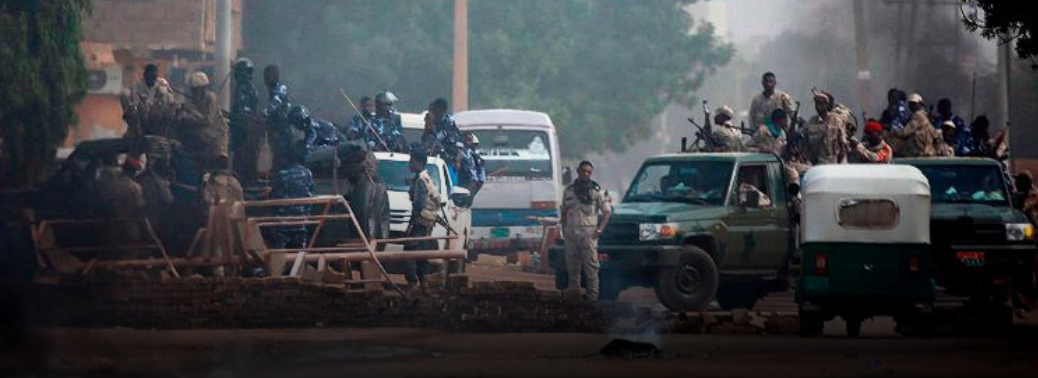SUDAN CRISIS
08, Jun 2019

Prelims level : International
Mains level : GS-II Governance, Social Justice and IR
Why in News:
- Sudan is in the midst of a political crisis after security forces opened fire on pro-democracy protesters in the capital, Khartoum.
Background: / More in News:
- When Sudanese dictator Omar al-Bashir was toppled on April 11 after a months-long popular uprising, the generals had two options before them
- One was the Tunisian model in which the army allowed a smooth transition of power to a civilian government after Zine El Abidine Ben Ali was removed from power in 2011.
- The other was the Egyptian model in which the army, after losing power to a civilian ruler following Hosni Mubarak’s ouster as President in 2011, staged a coup in 2013 and reinstalled itself at the helm. Sudanese generals chose the Egyptian Model, setting the stage for a prolonged showdown. The protesters had demanded a transfer of power to a transitional civilian government, followed by free and fair elections. But the generals used the crisis to concentrate more powers in their own hands. Later military generals established a military council which took over governance, while angry protesters continued a sit-in in front of the Defence Ministry in Khartoum.
- As talks between pro-democracy activists and the military rulers collapsed, paramilitary groups unleashed deadly violence this week to break the sit-in, killing at least 100 people and injuring hundreds.
Global Response:
- The US condemned what it called a “brutal attack” and the UK said the military council bore “full responsibility”. The African Union (AU) has suspended Sudan from its membership until a civilian led transitional authority is established.
- However, The UN Security Council couldn’t even condemn the violence as China, backed by Russia, blocked the move. Saudi Arabia and the United Arab Emirates, which offered financial aid to the junta as soon as Mr. Bashir was removed from power, also support the generals.
Impact of Crackdown:
- After the crackdown, General Abdel Fattah al-Burhan, the military ruler, has offered to hold elections in nine months, upturning an earlier plan of a two-year transition. But there is no immediate plan to transfer power to a civilian transitional government, a key demand of the protesters.
Conclusion:
- Military must resume talks with the protesters and facilitate a quick and orderly transition to civilian rule. The choice the generals make will determine the future of Sudan.






